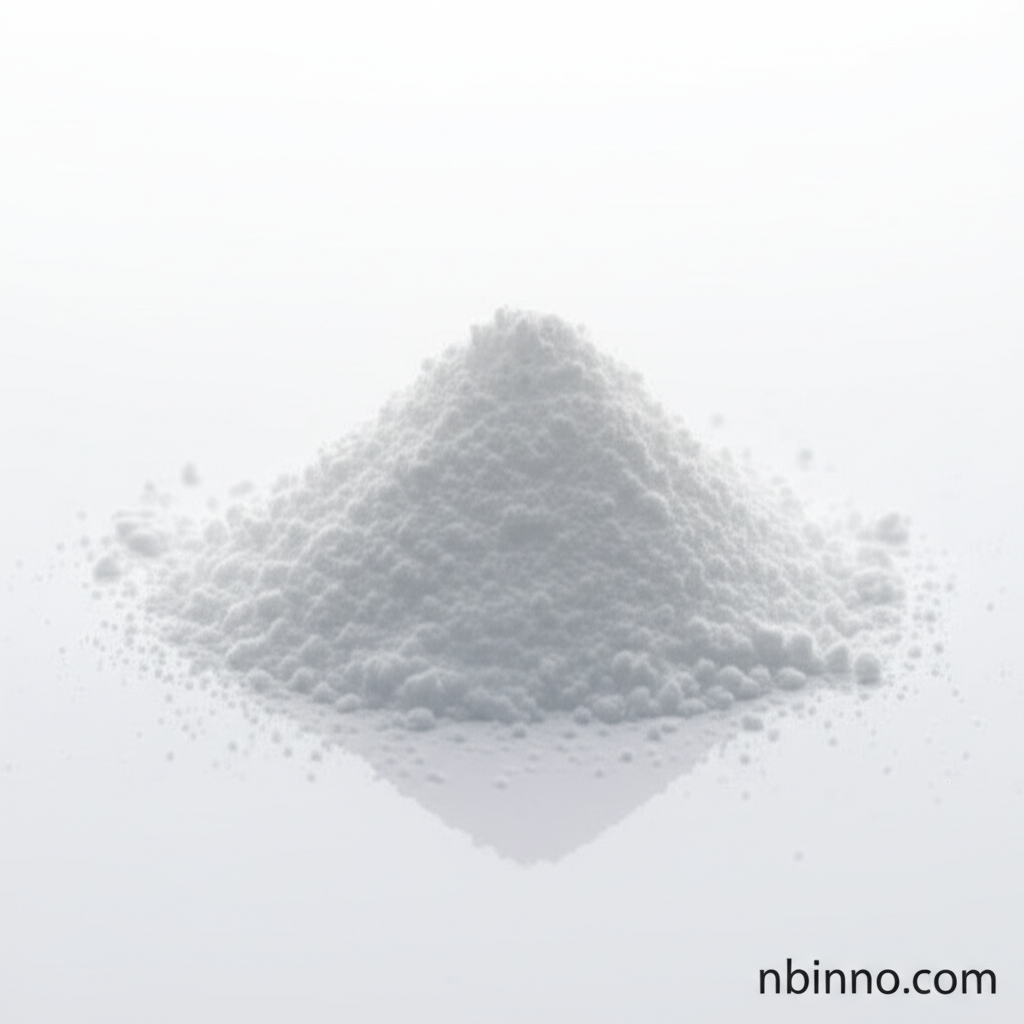Carbamoyl Chloride: Your Essential Chemical Synthesis Intermediate
Discover the properties, synthesis, and diverse applications of Carbamoyl Chloride (CAS 463-72-9) for your industrial needs.
Get a Quote & SampleProduct Core Value

Carbamoyl chloride
Carbamoyl chloride (CAS 463-72-9) is a vital chemical intermediate recognized for its role in synthesizing a broad spectrum of organic compounds. Its unique reactivity makes it indispensable for creating carbamate pesticides and derivatives. Understanding the Carbamoyl chloride chemical synthesis pathways and its applications is crucial for optimizing production processes.
- This compound serves as a critical intermediate for carbamate pesticides, contributing to agricultural advancements.
- Its reactivity allows for the formation of carbamic acid esters through reactions with alcohols and phenols, broadening its utility in chemical synthesis.
- It is also employed in the creation of thiocarbamates and substituted ureas, showcasing its versatility as a building block.
- When exploring buy carbamoyl chloride online, it's important to consider its handling due to its inherent instability, often requiring stabilization.
Advantages Provided by the Product
Versatile Reactivity
The compound's ability to react with various nucleophiles, such as alcohols and amines, facilitates the Carbamic chloride chemical reactions necessary for complex organic molecule construction.
Crucial for Agrochemicals
As an essential intermediate for carbamate pesticides, it plays a significant role in the development of effective crop protection solutions.
Synthesis Efficiency
Leveraging Carbamoyl chloride applications in synthesis can lead to more efficient production routes for valuable chemical derivatives.
Key Applications
Pesticide Manufacturing
Central to the production of various carbamate pesticides, aiding in global agricultural productivity and pest control strategies.
Organic Synthesis
A key building block in organic chemistry for synthesizing esters, amides, and other functional groups through controlled reactions.
Specialty Chemical Production
Enables the synthesis of niche chemicals and advanced materials required across different industrial sectors.
Pharmaceutical Intermediates
While primarily known for agrochemicals, its reactivity also lends itself to the production of certain pharmaceutical intermediates.
